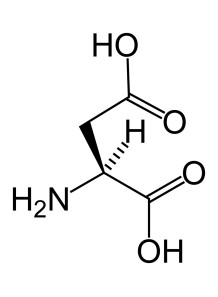L-Aspartic Acid
Cosmetics
Code: 6198
L-Aspartic Acid has been used in many cosmetics products due to its skin benefits
Cart
No products
Subtotal:
0.00
Total
0.00
THB



